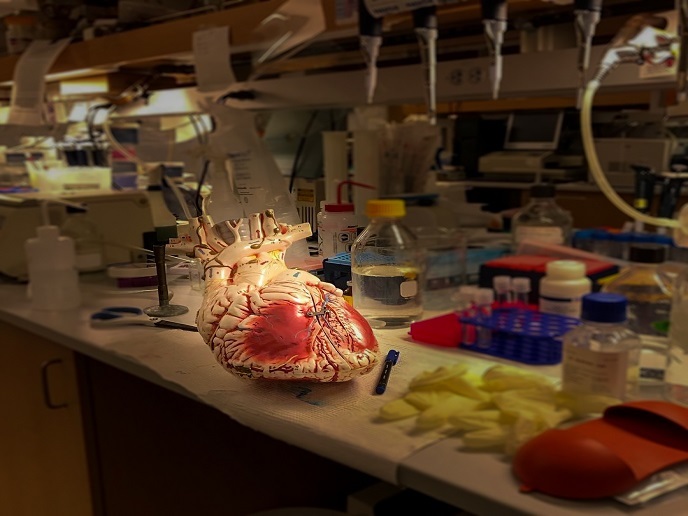Protein interactions during disease
Cytokines are master regulators of immune system development and function. Deregulated expression is often the cause of many inflammation-based diseases, including viral and bacterial infections. Our understanding of how certain proteins modulate cytokine gene expression during inflammation is rather limited. The key aim of the EU-funded ‘Antagonists of protein-protein interactions’ (APPI) project was to investigate the involvement of protein interactions during disease using a translational genomic approach. Over 3,000 DNA samples were provided by the Genetics of Kidneys in Diabetes (GoKinD) study of patients with long-term Type 1 diabetes and their family members. Additional DNA samples were collected by the Clinic of Gastroenterology, Hepatology and Infectious Diseases of Otto von Guericke-University Magdeburg in Germany. In order to be able to manage the generated genomic data, project members used the analysis software, SNP & Variation Suite (SVS). In the GoKinD study, genomic alterations by a single nucleotide, known as single nucleotide polymorphisms (SNPs), were identified in two CXCL chemokine genes, which constitute markers of kidney function in Type 1 Diabetes (T1D) patients. Following functional characterisation of these polymorphisms, it was found that they affect gene regulation of CXCL chemokines in kidney cells. As a solution to this problem, scientists screened compound libraries and proposed two secondary bacteria metabolites as potent chemokine inhibitors. Project partners performed peptide-mapping experiments to study various regulators of inflammatory genes including the NF-kB p65 protein, and to accumulate information on structural and functional changes of protein-protein interactions in inflammatory diseases. A similar approach was followed to analyse the role of inflammatory genes in gastric cells especially in terms of colonisation by the Gram-negative bacterium Helicobacter pylori. Results indicated that the levels of CXCL gene expression in gastric epithelial cells depended on the specific severity of Helicobacter pylori in individuals. APPI results provided cues on individual genetic predispositions for CXCL chemokine gene responses depending on the type of inflammatory disease. Although it cannot be used to predict disease, the data holds great promise for the design of new therapeutic strategies.







